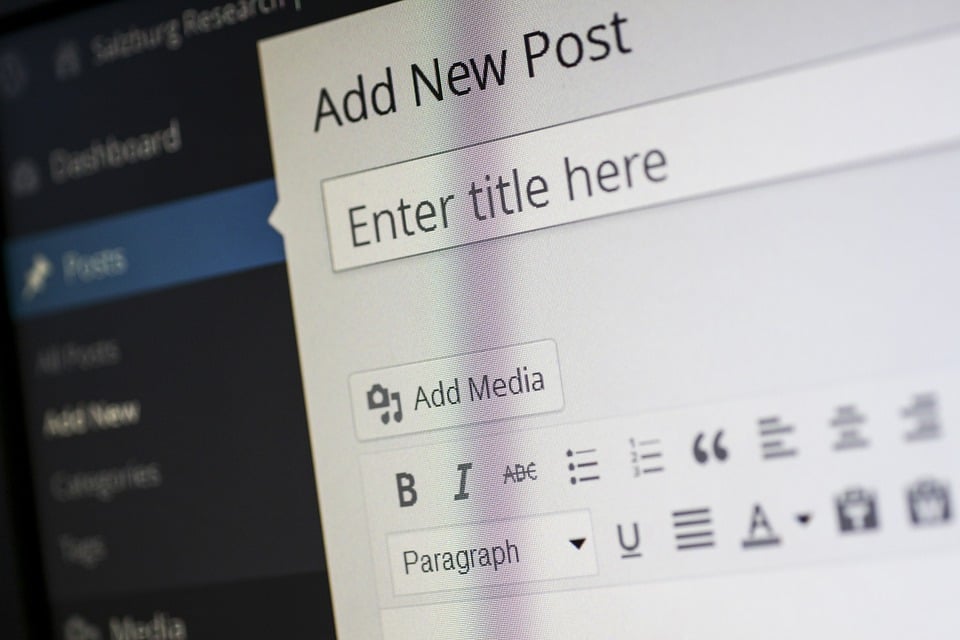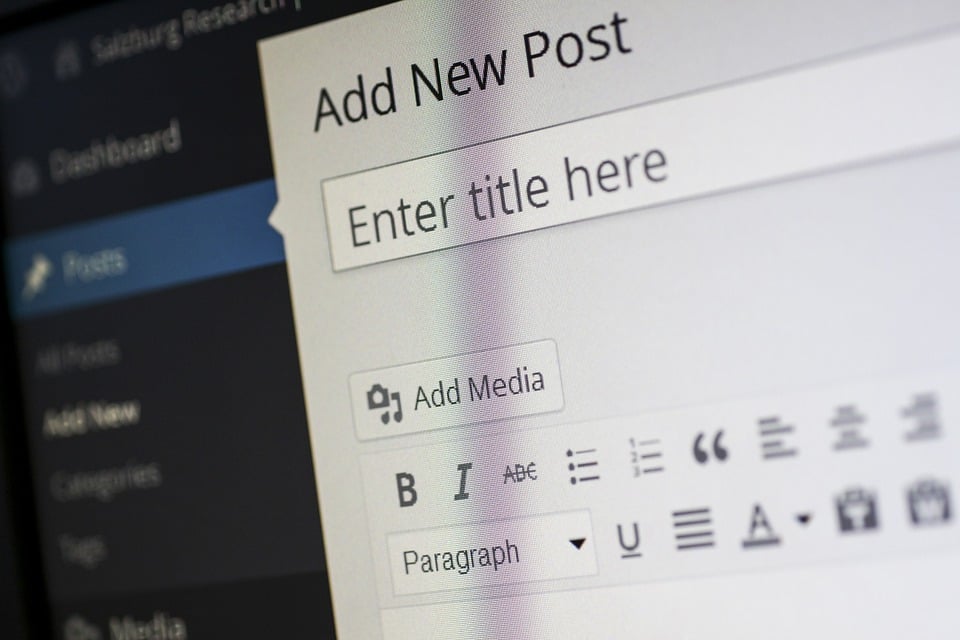
How to market to engineers: Four focus group surprises on what engineers really want to hear.
There are quite a few assumptions people make about the “right” way to reach engineers.
In fact, at some recent focus groups on marketing to engineers conducted by two of our clients, there were a variety of surprises that came up that, in the end, shouldn’t have been surprises at all. But that’s the beauty of research – when you actually go outside the building instead of talking only to each other, customers in fact say the darndest things.
Here are several common themes, or “surprises,” we’ve been hearing from our engineering customer targets:
- “I don’t have time to even listen to you.” I read recently that productivity increases when you scale back the number of times you check email to 3-4 times a day, instead of 10-20. WHAT?! People are checking email 10-20 times a day? No wonder nothing gets done. Between time spent in meetings and managing their inboxes, engineers, like the rest of us, don’t have time to investigate or consider new ideas and technologies we want to present to them. The second reason why engineers don’t have time is listen to us is that they are in fact busier than they used to be. Aspencore, which publishes its fantastic “Mind of the Engineer” study every two years, found in its most recent version that engineers are assigned to work on 5.4 projects at a time, up from 3.6 just two years earlier. They don’t just “feel” busier, but they do in fact have a 50% increase in workload during a pretty short period of time.
What’s that mean? If they’ve heard of your company, they’re more likely to listen to you. If you’ve built a track record of putting out valuable content, material that actually teaches them how to do their jobs better, they’ll listen to you.
 If you’re doing promotional or commercials about your products, you’re going to be at the bottom of the email inbox for when they have time. And we all know when that will happen.
If you’re doing promotional or commercials about your products, you’re going to be at the bottom of the email inbox for when they have time. And we all know when that will happen.
- “I love innovation, but don’t count on me to bring it to my bosses.” Project schedules and deadlines are so tight, and the cost of missed deadlines so prohibitive, that the tolerance for risk and innovation is at a low level. Engineers simply can’t afford to be first on the block to try out an idea that puts their project delivery dates in jeopardy, no matter how intriguing the idea. Engineers love innovation, and it’s why most became an engineer in the first place. But most don’t work in a corporate environment that encourages it or doesn’t seek to punish for an idea gone bad. So leading your marketing campaign with a pitch to try the latest idea, technology or tool before it’s been vetted and made predictable perhaps is more likely to be heard, but getting them to actually buy it will be a tougher challenge for you.
- “Don’t talk to me about quality.” Now that one’s totally counter intuitive, but when you listen closer, they’re making an important point in the focus group discussions we heard. Engineers certainly understand the need for quality, and they’ll certainly evaluate your product based on whether it meets their quality metrics. But they expect it. They assume it. And if you don’t have it, you’re not going to even be invited to the party. So they’re not saying quality isn’t relevant, just that it’s not going to be effective as your leading marketing message.
- “I hate puff.” This is important, because marketers tend to write using terms that are turn-offs for engineers: groundbreaking, state-of-the-art, revolutionary, unique, advanced, etc. These are signals to engineers to treat everything that follows with skepticism, because you’ve made the mistake of speaking outside of analytical, tutorial facts. Engineers don’t want spin, and they won’t listen to you if they think you’re trying to talk up your product at the expense of what’s verifiable and true. Write in terms of comparative advantages, back up what you’re saying with quantifiable specs, and if you can include beta customer tutorials, you’ll really be able to break through the clutter and gain their attention – and interest.
There’s more on their minds, of course. We’ve put together a list of 14 key points in our latest Marketing to Engineers white paper. Spoiler alert: is there a “marketing to engineers” lesson to be learned from the popular “Gangnam Style” music video sensation from a few years ago? Oh, it’s so true.



